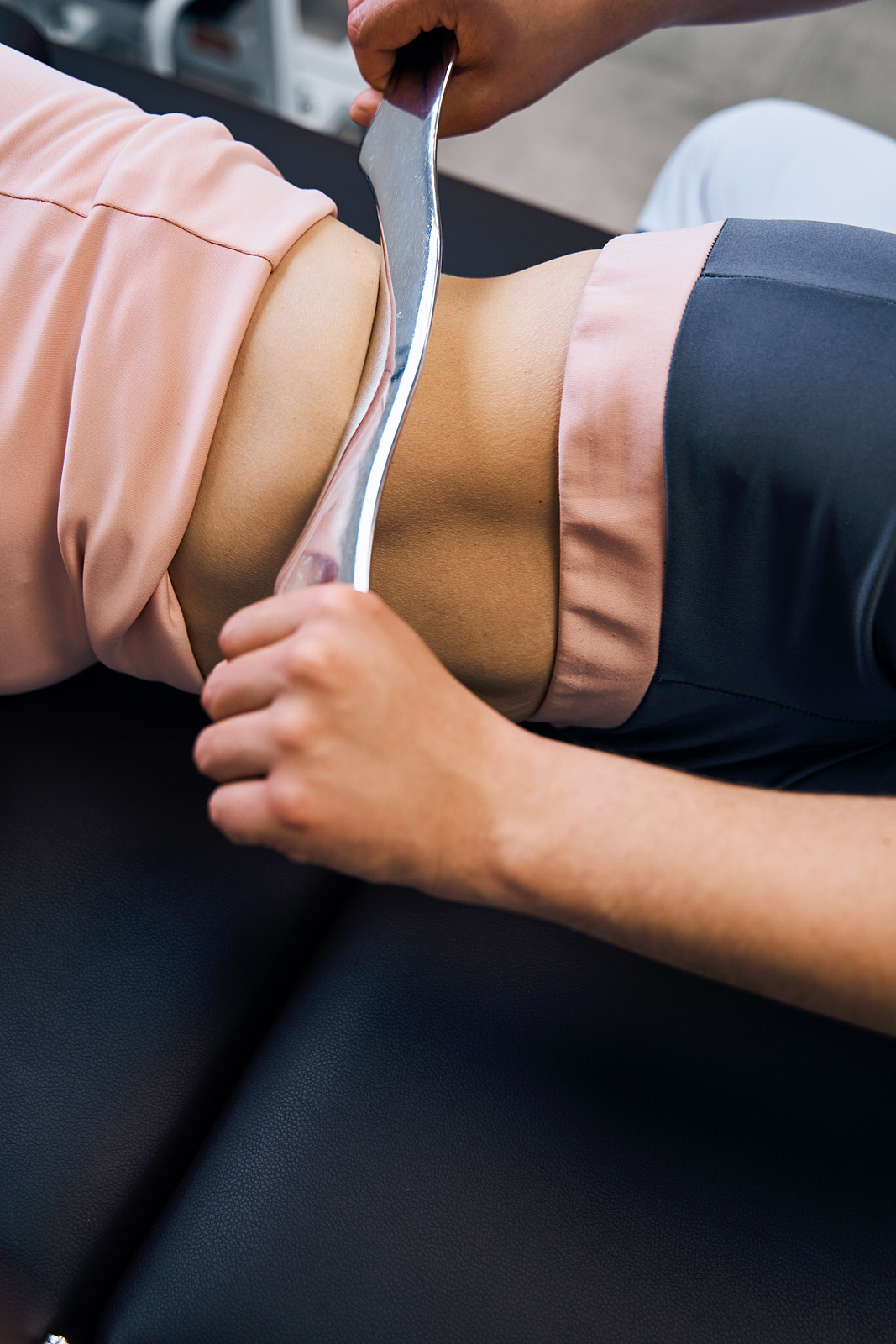
Instrument Assisted Soft Tissue Mobilization (IASTM) has become an increasingly popular treatment modality among physical therapists, massage therapists, and other healthcare professionals. This innovative technique involves the use of specialized tools to treat soft tissue dysfunction, improve mobility, and reduce pain. In this blog post, we will delve into the numerous benefits of IASTM, how it works, and why it is a valuable addition to therapeutic practices.
What is IASTM?
IASTM is a form of manual therapy that uses ergonomically designed tools to apply pressure and mobilize soft tissues. These tools are typically made of stainless steel or other durable materials and come in various shapes and sizes to target specific areas of the body.
The primary goal of IASTM is to address restrictions in the fascia, scar tissue, and other soft tissues that may be causing pain or limiting mobility. By using instruments rather than hands alone, practitioners can achieve a more precise and effective treatment.
How Does IASTM Work?
IASTM works by:
- Breaking Down Adhesions and Scar Tissue: Over time, injuries or repetitive strain can lead to the formation of adhesions and scar tissue. These restrict movement and cause discomfort. IASTM helps to break down these restrictions, restoring the natural elasticity and function of the tissues.
- Stimulating the Healing Response: The mechanical stimulation provided by IASTM tools enhances blood flow and promotes cellular repair. This process helps to reduce inflammation and encourages the body’s natural healing mechanisms.
- Improving Mobility: By targeting tight or restricted areas, IASTM can improve the range of motion in joints and muscles. This is particularly beneficial for individuals recovering from injuries or dealing with chronic conditions.
- Modulating Pain: IASTM influences the nervous system by stimulating mechanoreceptors in the skin and underlying tissues. This can lead to a reduction in pain perception.
The Key Benefits of IASTM
1. Effective for a Wide Range of Conditions
IASTM is versatile and can be used to treat various conditions, including:
- Tendonitis (e.g., tennis elbow, golfer’s elbow, Achilles tendonitis)
- Plantar fasciitis
- Carpal tunnel syndrome
- Rotator cuff injuries
- IT band syndrome
- Post-surgical scars
- Chronic pain conditions like fibromyalgia
2. Non-Invasive and Safe
Unlike surgical interventions, Instrument Assisted Soft Tissue Mobilization is non-invasive, making it a safer option for many individuals. When performed by a trained professional, it carries minimal risks and can often be used in conjunction with other treatments.
3. Speeds Up Recovery
IASTM helps to accelerate recovery by improving blood flow and breaking down tissue restrictions. Athletes, in particular, benefit from quicker recovery times, allowing them to return to training and competition sooner.
4. Improves Athletic Performance
In addition to aiding recovery, IASTM can enhance performance by improving mobility and reducing muscular tension. This allows athletes to move more freely and efficiently.
5. Customizable Treatment
With a variety of tools available, IASTM can be tailored to the unique needs of each patient. Practitioners can adjust the pressure, angle, and technique to target specific areas of concern effectively.
6. Addresses Chronic Issues
For individuals with chronic pain or long-standing soft tissue restrictions, Instrument Assisted Soft Tissue Mobilization provides a solution that addresses the root cause rather than simply masking symptoms. This can lead to lasting improvements in quality of life.
7. Complementary to Other Therapies
IASTM works well alongside other therapeutic modalities, such as:
- Manual therapy
- Stretching and strengthening exercises
- Dry needling
- Physical therapy
By combining IASTM with other approaches, practitioners can create a comprehensive treatment plan that maximizes results.
What to Expect During an IASTM Session
During an IASTM session, your therapist will:
- Conduct an Assessment: This includes evaluating your range of motion, pain levels, and areas of restriction.
- Apply Lubricant: To reduce friction, a gel or cream is applied to the skin.
- Use Tools to Treat Target Areas: The practitioner will use the IASTM tools to apply controlled pressure to specific areas, using sweeping or scraping motions.
- Provide Post-Treatment Guidance: You may receive exercises or stretches to enhance the benefits of the session.
Some mild redness or discomfort is normal after treatment, as these indicate increased blood flow and tissue remodeling. However, any side effects are typically short-lived.
Who Can Benefit from IASTM?
Instrument Assisted Soft Tissue Mobilization is suitable for a wide range of individuals, including:
- Athletes looking to improve performance or recover from injuries
- Office workers dealing with repetitive strain injuries
- Post-surgical patients with scar tissue restrictions
- Seniors seeking to maintain mobility and reduce pain
Final Thoughts
Instrument Assisted Soft Tissue Mobilization is a powerful tool that offers numerous benefits for those dealing with pain, mobility issues, or soft tissue restrictions. Its versatility, safety, and effectiveness make it an excellent addition to any therapeutic practice.
If you are interested in experiencing the benefits of IASTM, consult a trained and certified practitioner to ensure the best possible outcomes. With the right approach, IASTM can help you move more freely, recover faster, and live a more active, pain-free life.
To learn more about Instrument Assisted Soft Tissue Mobilization and massage therapy school programs please visit: www.seattlemassageschool.com

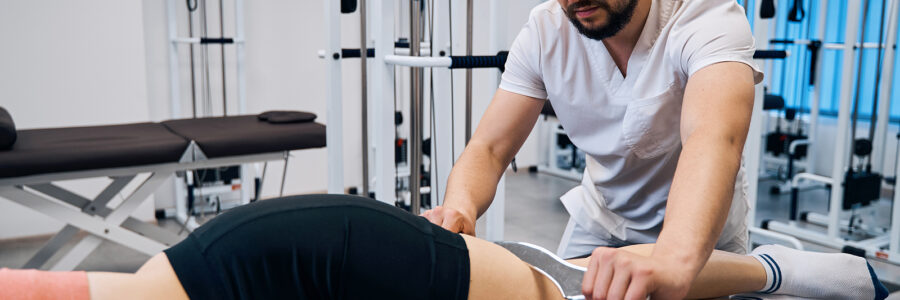
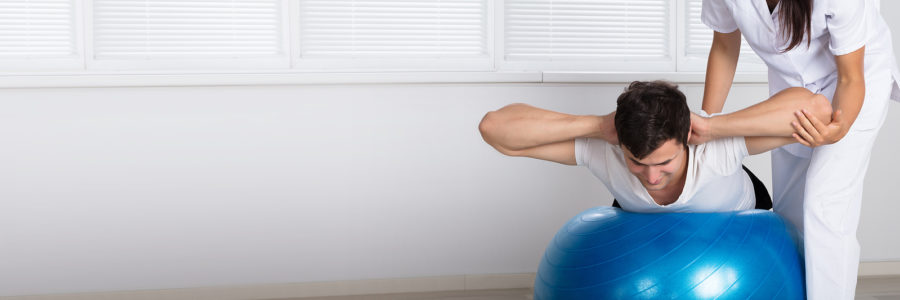
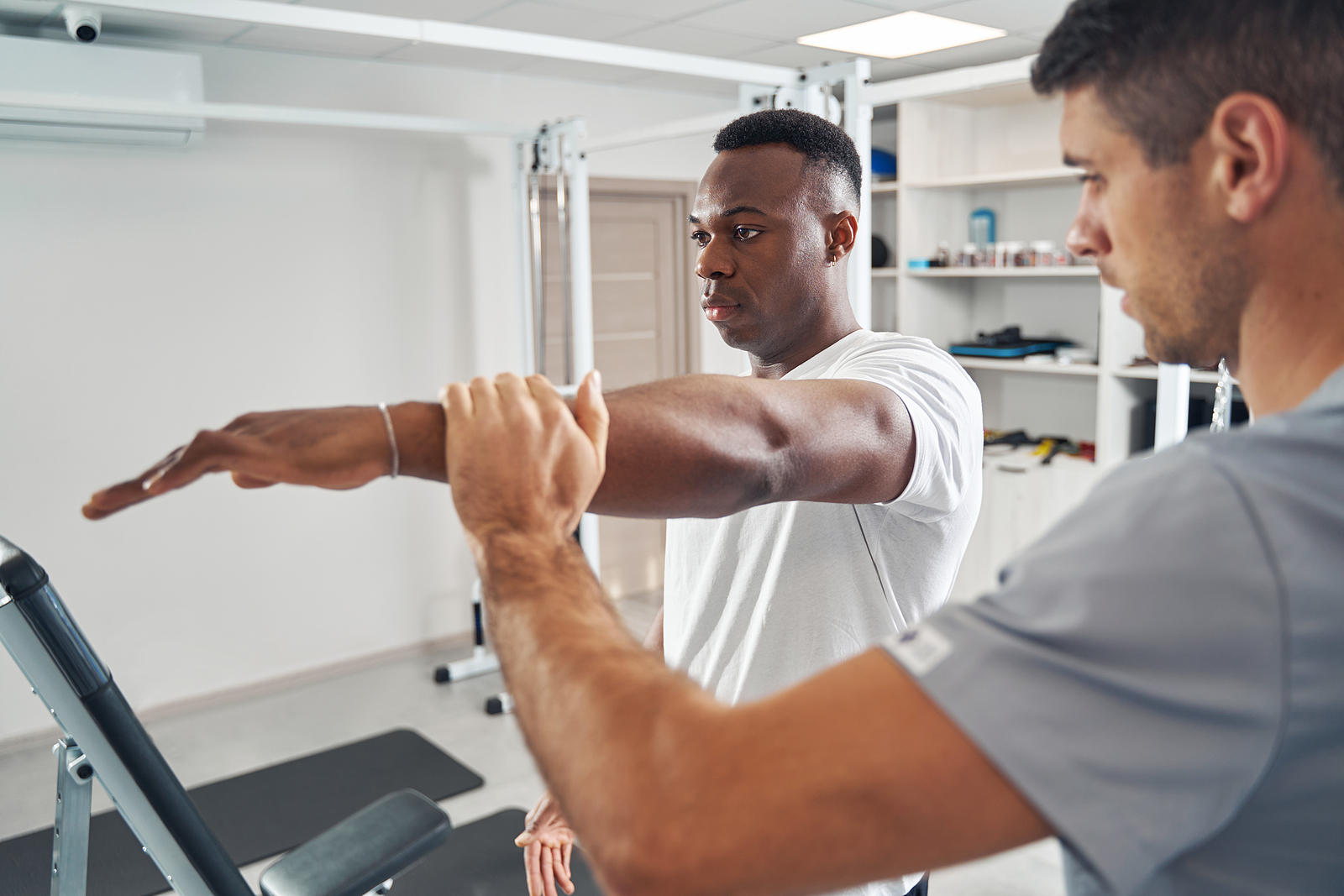 As a complementary and
As a complementary and 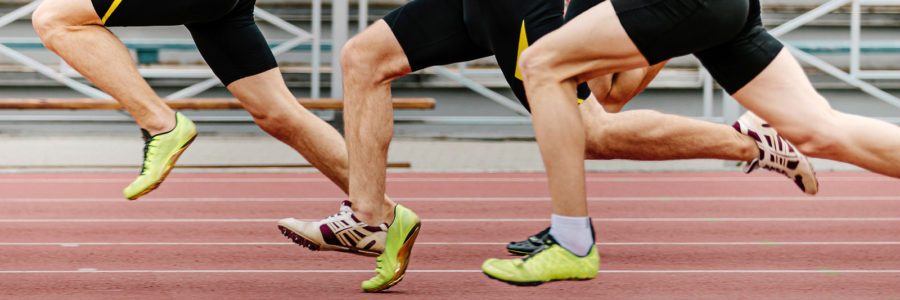
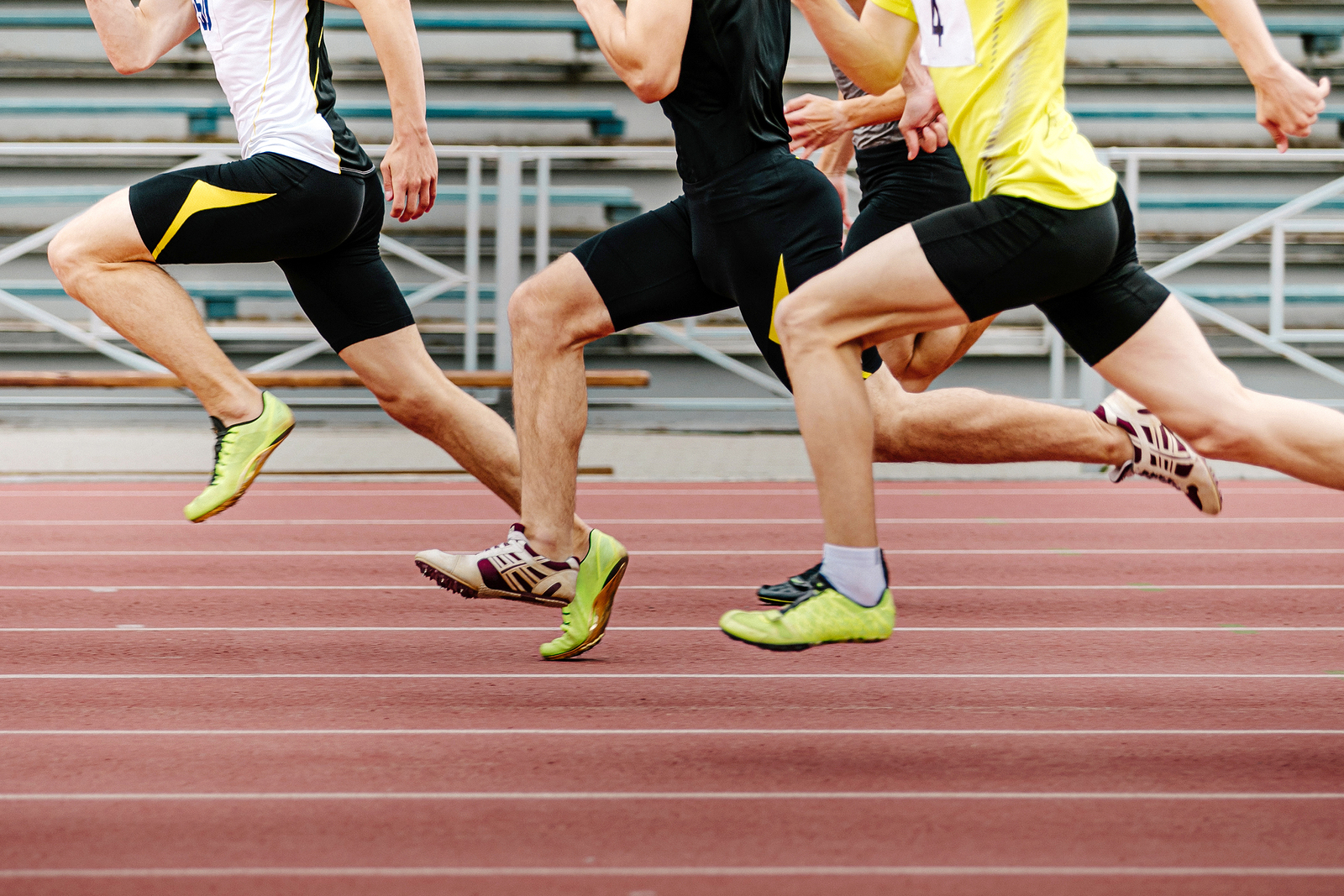 It takes strength, stamina, and yes, endurance, to be an endurance athlete. Taking part in these marathons, and triathlons and such sporting events requires training and preparation of both the mind and body.
It takes strength, stamina, and yes, endurance, to be an endurance athlete. Taking part in these marathons, and triathlons and such sporting events requires training and preparation of both the mind and body.